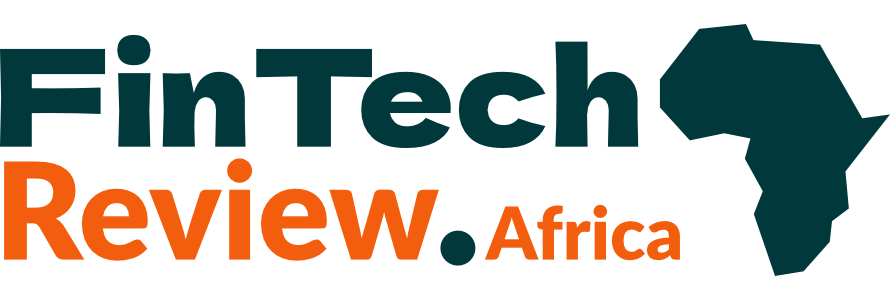FinTech in Africa 2025: From Mobile Money to Multipurpose Ecosystems

Africa's FinTech sector has entered a new era. What began over a decade ago with mobile money is now evolving into fully integrated digital ecosystems that power everything from agriculture to entertainment. In 2025, African FinTech is not just about financial access — it’s about digital empowerment at scale.
This year, industry players are moving beyond basic transactions to deliver end-to-end solutions that are reshaping how Africans bank, invest, borrow, and build.
1. The Rise of the African Super App
In 2025, the race to build the continent’s first true “super app” has intensified. Companies like Nigeria’s PalmPay, South Africa’s TymeBank, and Egypt’s Fawry are transforming from payment platforms into multifunctional digital hubs — offering savings, credit, insurance, ride-hailing, shopping, and even streaming.
Chipper Cash recently launched ChipperX, a cross-border financial lifestyle app with embedded e-commerce and crypto features. “Our users want more than money transfers,” says CEO Ham Serunjogi. “They want a digital ecosystem that mirrors their lifestyle and aspirations.”
2. Digital Credit Gets Smarter — and Safer
After years of criticism over predatory lending and poor credit assessment, 2025 has seen a smarter, more ethical version of digital credit emerge. FinTechs are using AI-powered alternative credit scoring, pulling data from phone usage, utility payments, and even farming yields.
Kenya’s Tala now uses voice-based behavioral analytics to assess loan risk, while Ghana’s Float offers flexible repayment models based on real-time income flow.
“Digital credit is no longer just fast — it’s intelligent and responsible,” says Ama Boateng, a FinTech researcher at the University of Cape Town.
3. Pan-African Payments & Cross-Border Collaboration
The Pan-African Payment and Settlement System (PAPSS), championed by the African Continental Free Trade Area (AfCFTA), has gained traction in 2025, allowing faster and cheaper cross-border payments in local currencies.
Intra-African trade is finally getting the digital backbone it needs. Startups like MFS Africa, Eversend, and Stitch are building interoperable infrastructure, making it easier for freelancers in Lagos to get paid by clients in Kigali — or for exporters in Accra to transact with retailers in Johannesburg.
“Borders are becoming less visible in African finance,” says Dare Okoudjou, founder of MFS Africa. “We're building the highways of the digital economy.”
4. Embedded Finance: FinTech Goes Invisible
In 2025, the most disruptive FinTechs may be the ones you don’t even notice. Embedded finance — where financial services are seamlessly integrated into non-financial platforms — is on the rise.
Agritech apps now offer instant credit to farmers based on weather data and yield history. E-commerce platforms provide point-of-sale loans to buyers. Even logistics companies are embedding insurance and payroll into their platforms.
“FinTech is no longer an industry — it’s a layer across every digital service,” notes Ifeoma Nwankwo, a venture partner at Lagos-based Future Africa.
5. Crypto and CBDCs: Parallel Paths
While mainstream consumer crypto adoption has cooled in parts of the world, Africa continues to see innovative uses of blockchain for remittances, tokenized savings, and even fundraising. In Nigeria and South Africa, stablecoin adoption is growing among SMEs seeking currency stability.
Meanwhile, central banks in Ghana, Nigeria, and Kenya are advancing pilots of Central Bank Digital Currencies (CBDCs). The eNaira — once sluggish — has been revamped in 2025 to allow programmable payments and wallet-to-wallet transactions without internet.
“Crypto isn’t replacing local currency — it’s complementing it in new, strategic ways,” says Kofi Mensah, a digital economist based in Accra.
The Road Ahead: Regulation, Inclusion & Talent
As FinTech matures, regulators are playing catch-up. The focus in 2025 is on creating innovation sandboxes, strengthening consumer protections, and ensuring digital ID systems are interoperable across services.
Talent is also becoming a battleground, with homegrown developers being recruited by both global tech giants and rising local unicorns. Governments and private sector players are investing in upskilling programs to prevent brain drain.
Most importantly, inclusion remains the watchword. While Africa boasts over 500 FinTech startups, millions remain underserved. The next phase, experts say, must focus on gender equity, rural access, and solutions for the informal economy.
“The question is no longer whether FinTech will shape Africa’s future,” says fintech analyst Thabo Maseko. “It’s whether it will do so equitably, sustainably, and at scale.”

 Francis
Francis 





